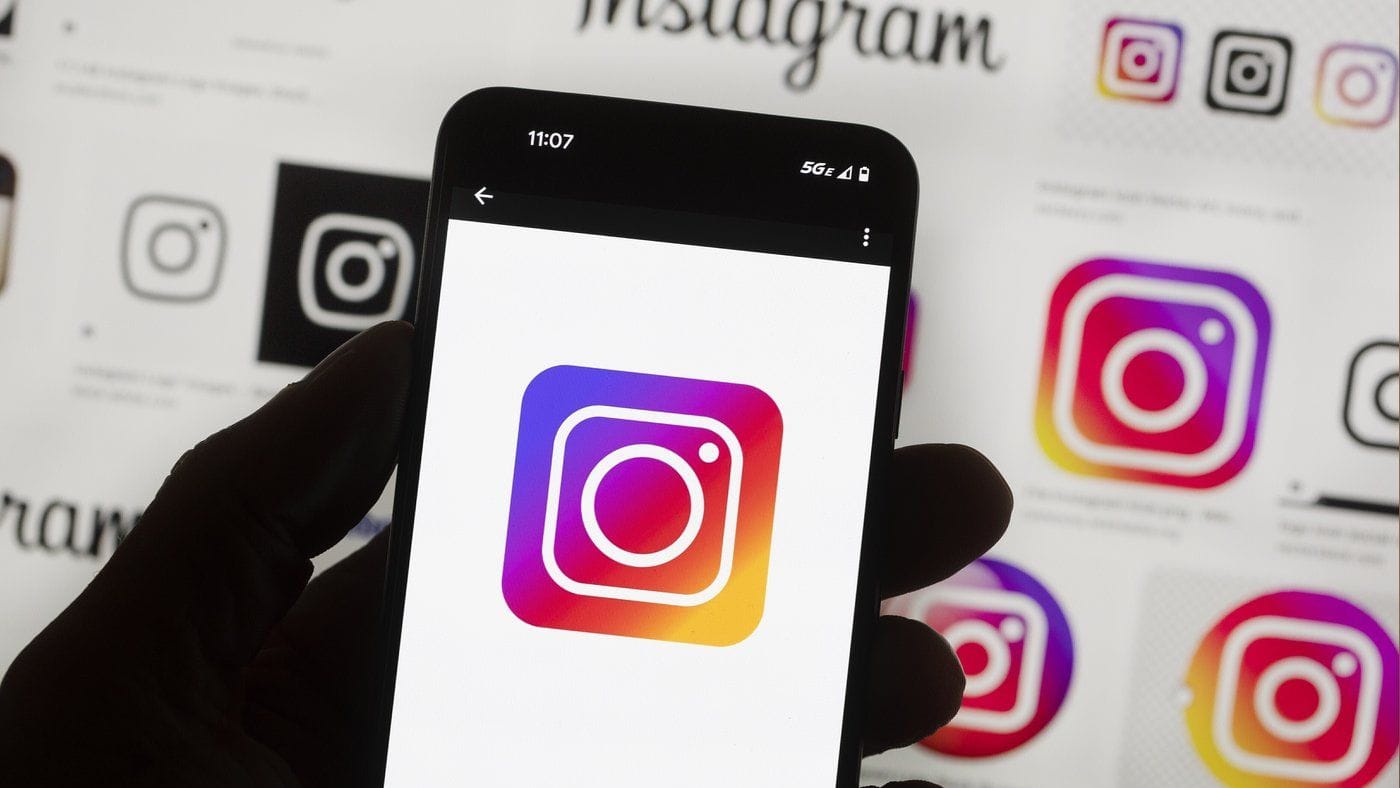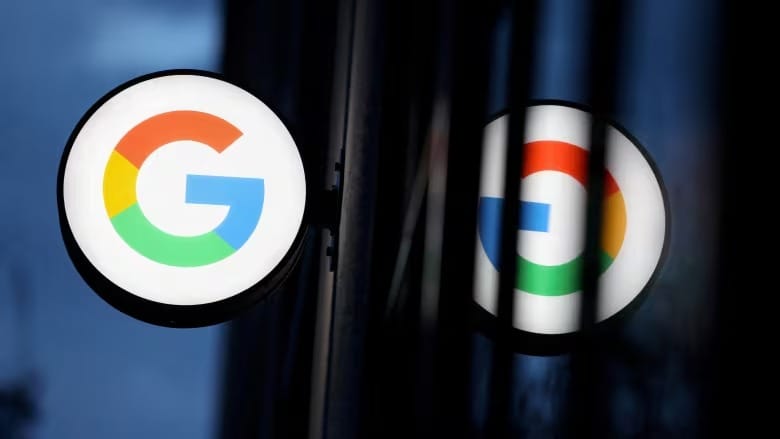Teen profiles on Instagram are now private due to growing demand to keep minors safe on the platform
Meta, Instagram’s parent company, acknowledges that some teens might lie about their age and says it will require more age verification for new accounts claiming to be adults.

Instagram is making teen accounts private by default in a bid to improve safety for young users, following increasing concerns about social media’s impact on children.
Starting in the U.S., U.K., Canada, and Australia, teens under 18 who sign up for Instagram will have their accounts set to private.
Existing accounts will be moved to the same setting within 60 days, with similar changes coming to the European Union later this year.
Meta, Instagram’s parent company, acknowledges that some teens might lie about their age and says it will require more age verification for new accounts claiming to be adults.
Meta is also developing technology to detect teens pretending to be older and automatically place them into restricted accounts.
The new default teen accounts will limit who can send private messages, restrict access to sensitive content like videos of fighting or cosmetic procedures, and issue notifications if a teen spends more than 60 minutes on the app.
A “sleep mode” will silence notifications and send auto-replies from 10 p.m. to 7 a.m. Teens aged 16 and 17 will have the option to turn off these settings, but younger users will need parental permission to do so.
Naomi Gleit, Meta’s head of product, explained that these measures aim to address concerns about inappropriate content, unwanted contacts, and excessive screen time.
Meta's move comes as the company faces lawsuits from multiple U.S. states, accusing it of harming young people by designing features that encourage addictive behavior on Instagram and Facebook.
While Meta hasn’t detailed the financial impact of these changes, analysts suggest it will be minimal. Jasmine Enberg of Emarketer said the changes are unlikely to significantly reduce teen engagement with Instagram, as there are still ways to bypass the rules.
Some critics, like New York Attorney General Letitia James and Accountable Tech’s Nicole Gill, argue the changes don’t go far enough and emphasize the need for stronger regulations and independent oversight to protect young users.
Senator Marsha Blackburn also questioned the timing of Meta’s announcement, coinciding with the legislative advancement of the Kids Online Safety Act.
Meta’s previous efforts to improve teen safety and mental health have faced similar criticism for not going far enough.
Although new features allow parents to monitor and limit their children's use of Instagram, U.S. Surgeon General Vivek Murthy has expressed concern that too much responsibility is being placed on parents to manage fast-evolving technologies.





